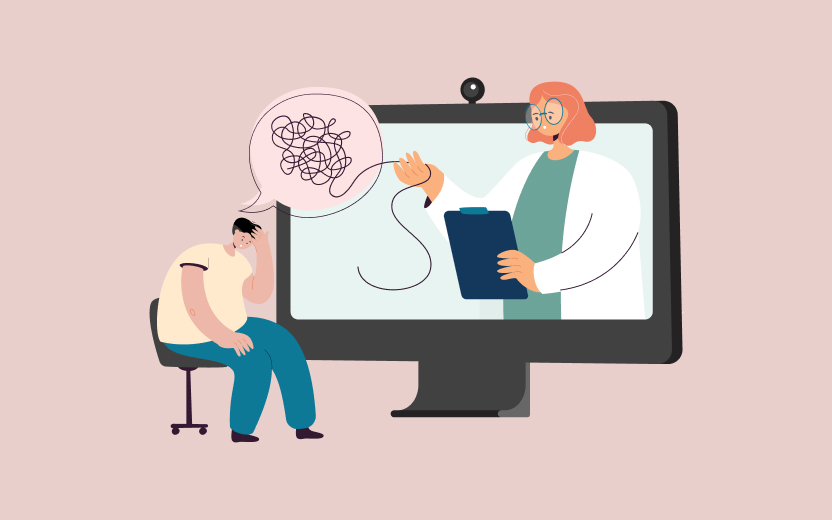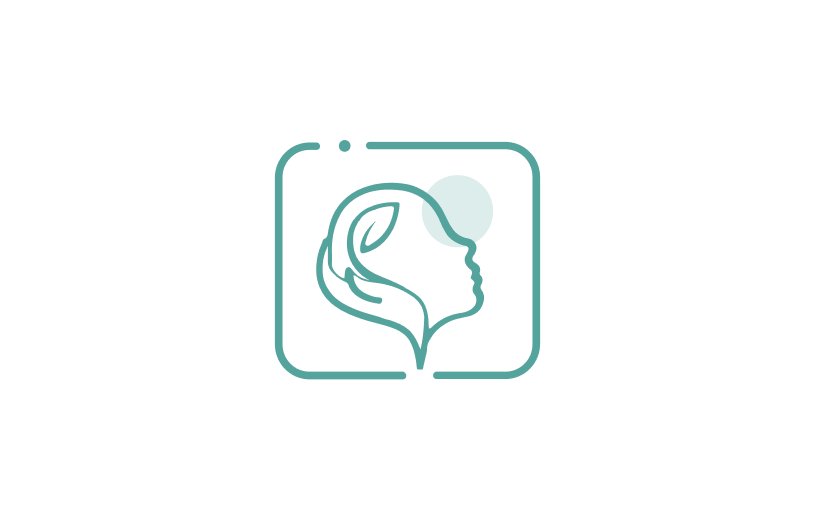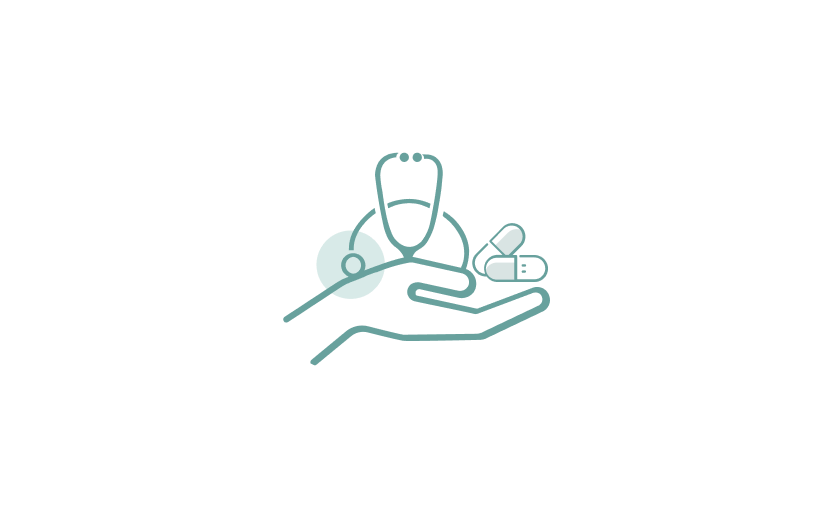Mood Disorders
Are you struggling with persistent mood fluctuations, such as episodes of depression or manic highs, that greatly impact your daily life? MediPsych understands the complexity of mood disorders and offers specialized treatment options.
What are Mood Disorders?
Unlike the normal ups and downs of daily life, mood disorders greatly affect a person’s emotional state, leading to significant changes in mood, energy levels, and overall well-being.
Mood disorders encompass a range of conditions, including major depressive disorder, bipolar disorder, and persistent depressive disorder. These disorders influence how individuals think, feel, and behave, often disrupting their ability to function in various areas of life, such as work, school, and relationships.
Without proper understanding and support, mood disorders can become debilitating, creating significant challenges in day-to-day life. However, with appropriate interventions and treatment, individuals with mood disorders can experience improved quality of life and better overall mental health.
leading Symptoms
The many faces of Mood Disorders

Major Depressive Disorder
Imagine a person who experiences persistent sadness, loss of interest in activities they once enjoyed, changes in appetite or weight, difficulty sleeping or oversleeping, feelings of guilt or worthlessness, and thoughts of suicide.

Bipolar
Disorder
Think of someone who experiences periods of intense elation and energized behavior (mania), followed by extreme sadness and hopelessness (depression).

Persistent Depressive Disorder
Picture a person who experiences a long-lasting, milder form of depression, with symptoms lasting for at least two years. They may have low self-esteem, low energy levels, problems with sleeping or excessive sleep, and difficulty finding enjoyment in life.
Do you think you might have a Mood Disorder?
Take the self-assessment
I always
- always
- sometimes
- rarely
have severe mood swings and find it difficult to control my emotions
most of the time
- most of the time
- regular intervals
I often
- often
- rarely
- sometimes
- never
have a hard time concentrating and get between 4-5 hours
- 4-5 hours
- 5-6 hours
sleep each night.
- always
- sometimes
- rarely
- most of the time
- regular intervals
- often
- rarely
- sometimes
- never
- 4-5 hours
- 5-6 hours
What symptoms to look out for

Schedule an appointment to be assessed for Mood Disorders
Unmasking Mood Disorder: Diagnosis
Getting a diagnosis for a mood disorder requires a comprehensive evaluation by a mental health professional. This evaluation assesses symptoms, their duration, their impact on daily functioning, and any potential underlying causes. It may involve interviews, self-report questionnaires, and observations from family members or other individuals close to the person.
Diagnosing a mood disorder involves careful consideration and differentiation from other mental health conditions that may present similar symptoms, such as anxiety disorders or psychotic disorders.
Treatment
Finding the balance
Treatment for mood disorders often involves a combination of approaches tailored to the individual's needs. These may include:

Therapy
Psychotherapy, such as cognitive-behavioral therapy (CBT) or dialectical behavior therapy (DBT), can be highly beneficial for individuals with mood disorders. Therapy can help individuals gain insight into their thoughts and behaviors, develop coping strategies, and improve overall well-being.

Medication
Certain medications, such as antidepressants or mood stabilizers, can help manage symptoms of mood disorders. A mental health professional can provide guidance on the most suitable medication and monitor its effectiveness.

Lifestyle Change
Engaging in regular physical activity, maintaining a balanced diet, practicing stress management techniques, and getting adequate sleep can all contribute to improved mood and overall mental health.

Support Systems
Building a strong support network of family, friends, and mental health professionals can provide valuable emotional support and practical assistance in managing the challenges of a mood disorder.
